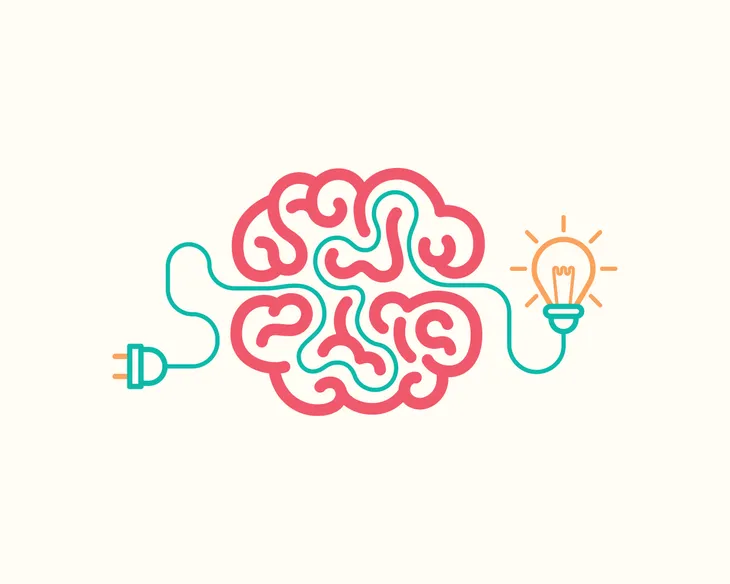You already know about a lot of the things your body does while you’re awake. Basic functions such as walking and eating are second nature, and so you probably don’t think about them that often. However, there are many functions that happen while awake that you’re not conscious of (such as digestion), and that principle also applies to when you’re in a deep slumber.
From muscle paralysis to temporarily growing in height, here are some of the weirder things that happen to your body while you’re dozing.
You Experience Paralysis
According to Woman’s Day, temporary paralysis (also known as “atonia”) is a necessary function during sleep so you don’t try to act out your dreams. You might have experienced this on a more conscious level when waking or falling into a deep sleep, and it prevents you from running or calling out from an imaginary threat.
The source also notes that some people have a disorder that allows them to move around while dreaming, but that it’s not a good thing. It’s called REM Behavior Disorder, and it can cause you to lash out or have emotional outbursts during the night – which can lead to injury or waking up your partner.
Your Brain Solves Problems
You know the expression “let me sleep on it?” Well, it turns out there’s something to it. According to Shape, your brain processes all of the information you’ve taken in during the day while you sleep, and what to do with it.
It notes that this “processing and restructuring” of information helps your brain be more creative and more active in problem-solving. That means you might wake up with the answer to something you were stuck on the night before, it adds.
You Can Become Aroused
You may not go to bed feeling like your libido is peaking, but during sleep your body might have other ideas. That’s because your brain is using more oxygen during REM sleep (when you’re most likely to have dreams). Blood flow increase also increases to other places in the body during this, notes Woman’s Day.
In some cases, people engage in intimate behavior while they’re supposed to be getting shut-eye for that meeting tomorrow. It can occur when a person is stuck between sleep and waking (known as parasomnia), meaning it’s not a voluntary action. This disorder has a name that pretty much sums it up: sexsomnia.
You Feel a Bit Happier
If you’re feeling irritable, perhaps the best thing you can do is hit the pillow for a while. That’s because sleep is a natural mood regulator, according to Shape. It notes, “when you snooze, your brain fires up the regions responsible for regulating stressors and emotions – then packages and sorts through those emotions.”
Lack of sleep means your brain doesn’t get a chance to organize your emotions, it adds. There’s also a link between certain mental illnesses such as depression and sleep, says the source. Research shows insomnia is common among patients with depression – while on the flipside, those with insomnia are much more likely to become depressed.
You Get a Bit Taller
This doesn’t mean you’re going to wake up to an NBA contract offer, but you do gain a bit of height while you’re sleeping. Woman’s Day explains this is because the cushions (discs) in your spine expand, as there’s no weight compressing them.
The source also notes if you’re looking to gain maximum height overnight, then side-sleeping in a fetal position might be best (as long as you have a firm mattress that can support your weight). The source doesn’t say how much height you’ll typically gain while sleeping, but others suggest about half an inch or so. Don’t get too excited – you lose that extra bit during the day.
You Pass Gas
When you’re sleeping, the muscles that hold back gas in the sphincter loosen – so you might let out a “toot or two,” notes Woman’s Day. Chances are you and your partner won’t notice, as you’ll be deep in sleep.
The source also notes that your sense of smell is also reduced while you sleep, so the offending toot probably won’t bring you out of your slumber. It adds that fire alarms are meant to make up for this lack of olfactory function during rest, as you won’t be able to smell smoke as easily either.
Your Body Builds Muscle
If you’re working out often, you might not notice any difference in your physique right after a session. However, according to Shape, this process could actually happen after you close your eyes for the night.
The source notes that sleep is “key for basic properties of healing and cellular restitution,” and that during deep sleep the body releases human growth hormone that restores damaged tissues. It points to a study from Stanford that shows 10-hours of sleep overnight for several weeks (referred to as “sleep extension”) helps collegiate basketball players perform better.
It Helps Regulate Weight
Staying up later worrying about your weight is not a good strategy to lose it, if that’s your goal. There are a few reasons why lack of sleep may be negatively affecting your diet, explains WebMD.
One reason is that lack of sleep (less than 7-hours) impacts your metabolism: it triggers a release of cortisol, which is a stress hormone that causes you to store more energy (in the form of fat) for when you wake, notes the source. Other reasons include being too tired during the day to get exercise, while a sleep-deprived brain also causes more impulse decisions such as diving into comfort food, it adds.
You Store Memories
When you sleep, you’re putting some of the experiences of your day into your brain’s internal hard drive. Shape explains that it takes more than something people would consider memorable to recall it – your brain needs to be in resting mode in order to commit it to your memory, it adds.
A resource from the Division of Sleep Medicine at Harvard Medical School also notes that if you’re sleep-deprived, you might not be able to focus enough attention on something to remember it in the first place. It notes that research suggests that memory “consolidation” likely takes place during sleep, which makes memories “stable” and “is essential for learning new information.”












